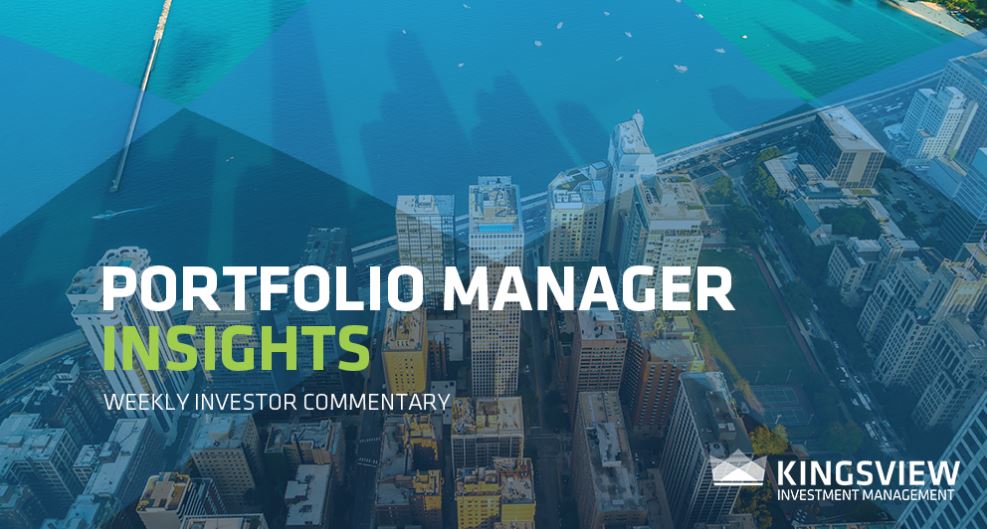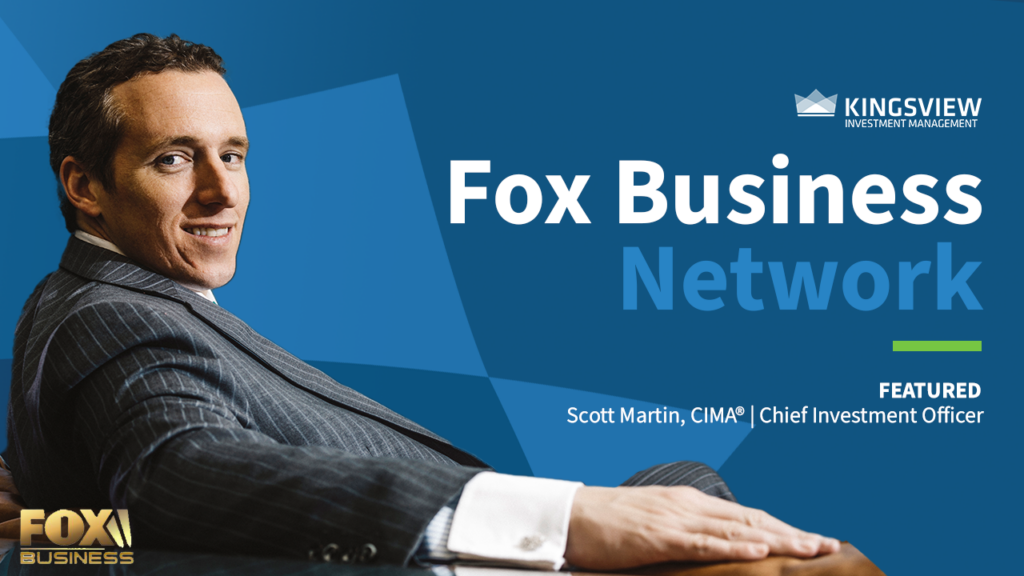Financial Stewardship: More Income Means More Responsibility!
Executive Summary
Ever noticed how making more money doesn’t always mean feeling more financially secure? That’s because with more income comes more responsibility—and if you don’t have a plan, that extra money can disappear just as fast as it comes in.
High earners face a unique challenge: How do you make sure your money isn’t just being spent, but actually working for you? Whether it’s keeping up with an expanding lifestyle, managing a more complex financial picture, or figuring out how to create real impact, stewardship is key.

Want to watch an in-depth exploration of this topic? Check out this video on my YouTube channel, @savvysteward: Financial Stewardship: More Income Means More Responsibility!
Financial Stewardship: More Income Means More Responsibility!
A friend recently told me, “I just don’t know where it all goes, Keith! I’m making more money than I ever thought possible, but somehow, it still feels like it’s NOT ENOUGH!”
I’ve heard similar sentiments from many high earners over the years. More money should mean more freedom, right? And in some ways, it does. But here’s a truth I’ve seen over and over: more income means more responsibility!
More Wealth Means Greater Financial Complexity
The more you make, the more decisions you have to make. More investment opportunities, more tax considerations, more financial complexity. And with that comes a greater responsibility—not just to manage your wealth wisely, but to make sure it’s having a positive impact.
That might feel like a heavy weight, but let’s flip the perspective:
More income also means more opportunity.
With the right strategy, you can create security for yourself, provide for your family, and make a lasting difference. The key is knowing where your money is going—and making sure it’s doing what you want it to do.
You Can’t Outsource Stewardship
Having a strong financial team—a good advisor, CPA, and attorney—is crucial, especially when your financial situation becomes more complex. They can help you optimize investments, minimize taxes, and plan for the future.
But here’s the thing: you can’t outsource good stewardship.
A financial team can provide guidance, but they can’t decide what matters to you. They don’t know your personal priorities, your values, or how you want your money to shape your life and legacy.
That part? That’s on you.
What Does Good Stewardship Look Like?
Good stewardship starts with clarity. It means taking control of your finances, understanding your inflows and outflows, and being intentional about where your money goes.
At a personal level, stewardship means:
- Providing for your family and making sure they have what they need to thrive.
- Prioritizing experiences that bring joy and fulfillment.
- Building a strong financial foundation that supports your long-term goals.
But stewardship doesn’t stop with you.
Once your personal financial house is in order, it’s time to look outward:
- How can your wealth positively impact others?
- What causes or communities can benefit from what you’ve been given?
- Where can your resources do the most good?
Money is never just about numbers—it’s about what those numbers allow you to build, support, and contribute to.
Start With a Stewardship-Based Budget
Every financial decision starts with understanding where your money is coming from and where it’s going. That’s why a budget—even for high earners—is essential.
Here’s how to structure it in a way that aligns with stewardship:
Step 1: Know Your Income—All of It
It sounds simple, but many high earners don’t clearly understand their entire income. Beyond your salary, you may have:
- Bonuses or commissions
- Rental or passive income
- Dividend payments
- Business income or side ventures
You might be underestimating your financial capacity if you’re not tracking all your income sources!
Step 2: Categorize Your Outflows
There are only five things you can do with money:
- Lifestyle spending (housing, food, travel, entertainment)
- Taxes
- Debt repayment
- Giving
- Saving & Investing
Step 3: Build a budget. A strong budget prioritizes these areas based on your personal and financial goals.
For example, here’s a simple breakdown:
- 10% to giving (charity, tithing, causes you support)
- 10% to savings & investments
- 15% set aside for taxes
- 40% to fixed expenses (housing, insurance, utilities, debt payments)
- 25% discretionary (travel, hobbies, entertainment, or additional savings)
Once the essentials are covered, you decide how to allocate the rest—whether that’s paying down debt faster, increasing savings, or supporting something meaningful.
The Importance of Regular Financial Check-Ins
One of the biggest mistakes high earners make? Setting a financial plan and forgetting about it.
Your financial picture isn’t static. As your income grows, your responsibilities shift. Maybe you hit a big milestone—paying off your mortgage, hitting a savings goal, or selling a business. What happens next?
Scheduling regular financial reviews ensures your money continues to align with your priorities.
More Income, More Responsibility—And More Opportunity!
You’ve worked hard to build what you have. Now, the question is: What will you do with it?
- Will your money work for you, or will you always feel like you’re chasing it?
- Will you let lifestyle creep quietly consume your wealth, or will you manage it with intention?
- Will you use your resources to create impact for yourself, your family, and beyond?
Money is a tool. Use it wisely—but use it!
Contact Information
Keith Demetriades, CFP®, CKA®, is dedicated to helping individuals, families, and organizations integrate faith-based principles into their financial planning. Oikonomia is a foundational concept in his practice, reflecting his commitment to stewardship, purpose, and Making Your Life Count!
For more information, contact Keith Demetriades at (806) 223-1105 or visit his website at https://www.kingsview.com/advisor/keith-demetriades/.
Disclaimer: The information provided in this blog is for educational purposes only and should not be considered financial advice. Please consult a qualified financial advisor to discuss your specific situation and needs. Past performance does not indicate future results, and all investments carry risks, including potential loss of principal. Any financial product or strategy references are purely illustrative and should not be construed as endorsements or recommendations.


